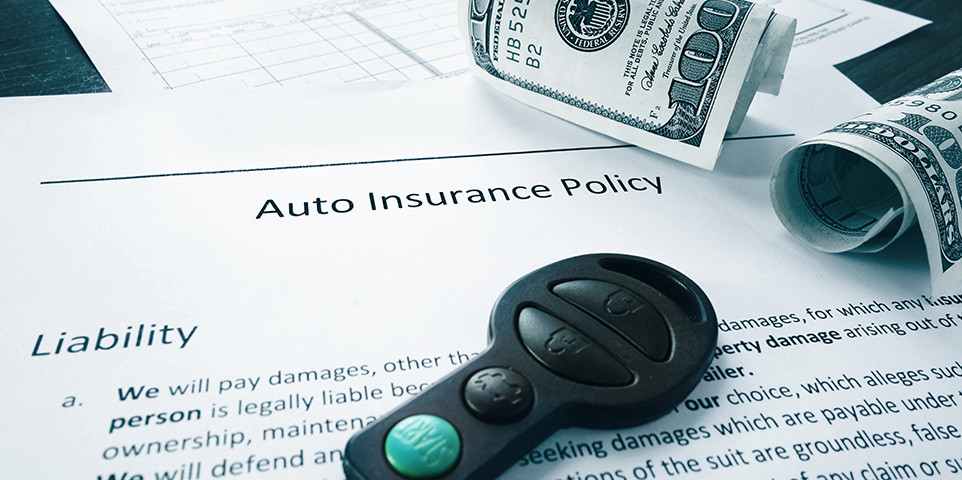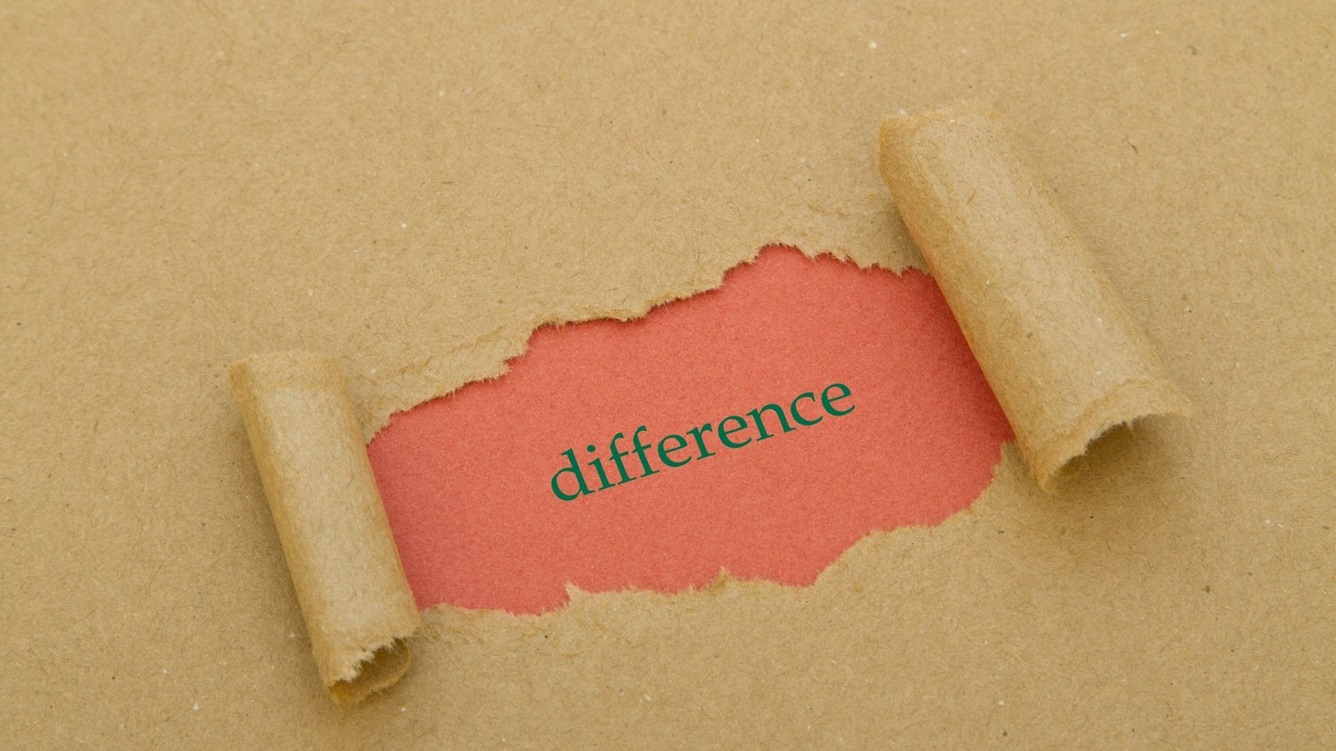Auto accidents can be an overwhelming and stressful experience. The physical and emotional toll is often compounded by the financial implications that come with dealing with damages, medical expenses, and lost wages. Fortunately, auto insurance plays a critical role in protecting you financially, ensuring that you are not left to shoulder these costs on your own. This article outlines how auto insurance contributes to accident recovery and provides you with the peace of mind you need in the aftermath of a crash.
1. Understanding Auto Insurance Coverage
Auto insurance is a financial safeguard that helps drivers cover the costs of damages and injuries resulting from a car accident. A typical auto insurance policy includes several types of coverage, each addressing different aspects of accident recovery:
- Liability Coverage: This covers bodily injury and property damage that you cause to others in an accident. It is mandatory in most states and is designed to protect you financially if you are found at fault.
- Collision Coverage: This covers the repair or replacement of your vehicle if it is damaged in a crash, regardless of fault.
- Comprehensive Coverage: This covers non-collision-related incidents such as theft, vandalism, or natural disasters.
- Uninsured/Underinsured Motorist Coverage: This protects you in the event you are in an accident with a driver who does not have enough insurance to cover the damages.
Having the appropriate mix of auto insurance coverage is essential for providing financial protection when accidents occur, ensuring that you are not financially burdened by repair costs, medical bills, or legal fees.
2. Financial Protection for Medical Expenses
One of the most significant financial challenges following a car accident is managing the cost of medical treatment. Auto insurance policies often include personal injury protection (PIP) or medical payments coverage, which helps pay for medical expenses incurred as a result of an accident, regardless of who is at fault. This includes:
- Emergency medical treatment: Immediate care required at the scene of the accident or in the hospital.
- Rehabilitation: Ongoing physical therapy and treatments to aid in recovery.
- Medical bills for passengers: PIP or medical payments coverage can also extend to passengers in your vehicle, providing coverage for their medical expenses as well.
PIP or medical payments coverage can be a lifesaver by covering a portion of your medical bills, allowing you to focus on recovery rather than financial stress.
3. Repairing or Replacing Your Vehicle
After an accident, one of the immediate concerns is how to handle the damage to your vehicle. Depending on the type of coverage you have, your auto insurance can cover the costs of repairing or replacing your car. This is particularly important if your vehicle is a total loss, meaning the cost to repair it exceeds its value.
- Collision coverage ensures that your vehicle is repaired or replaced after an accident, regardless of fault.
- Comprehensive coverage can cover damages from non-collision-related incidents, such as falling trees or vandalism.
With proper auto insurance, you can avoid the burden of paying out-of-pocket for these expenses, which could otherwise be financially devastating.
4. Protecting You from Liability and Lawsuits
In the event that you are at fault for an accident, auto insurance is essential for covering liability claims that may arise. Liability insurance provides protection if the other party involved in the accident decides to pursue legal action. This coverage typically includes:
- Bodily injury liability: Pays for the medical expenses and lost wages of the other driver and passengers.
- Property damage liability: Covers the cost of repairing or replacing the other person’s vehicle or property.
Without adequate auto insurance, you may be personally responsible for paying these costs, which could lead to significant financial hardship or even bankruptcy.
5. Compensation for Lost Wages
In addition to medical expenses and vehicle repairs, an accident can cause you to miss work due to injury or the time needed for recovery. If you have auto insurance coverage with lost wages benefits, this can help cover a portion of your lost income. Lost wages coverage can help alleviate financial strain while you focus on getting back to work and resuming your regular routine.
Conclusion
Auto insurance is more than just a legal requirement; it is a crucial financial safety net that protects you in the aftermath of an accident. Whether it’s covering the cost of medical expenses, repairing your vehicle, or shielding you from liability, the right auto insurance policy can make all the difference in how you recover from an accident. By choosing the appropriate coverage, you ensure that you are prepared for the unexpected and can focus on your recovery rather than the financial consequences.


